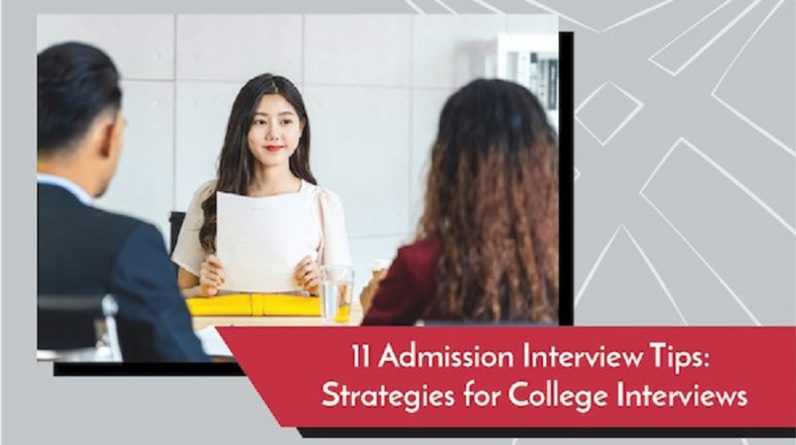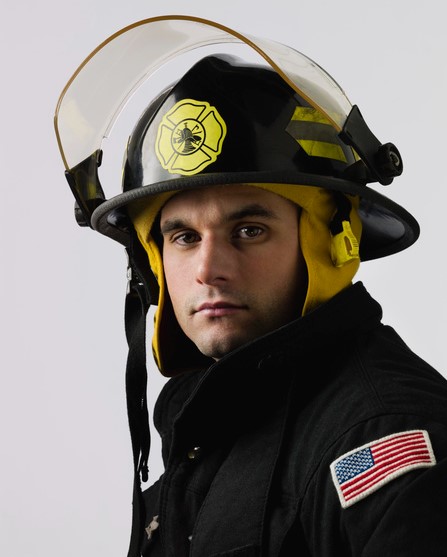
How to Ace Your College Admissions Interview
Navigating the college admissions process is a significant milestone in any student’s life. Among the myriad of requirements, the college admissions interview stands out as a pivotal moment. It offers a unique opportunity to showcase one’s personality, ambitions, and suitability for the institution beyond what can be gleaned from paper applications. Here’s an extensive guide on how to ace your college admissions interview, ensuring you make a memorable and positive impression.
Understanding the Purpose of the College Admissions Interview
The college admissions interview serves multiple purposes. It allows the admissions committee to:
Assess Personal Qualities: Evaluators are looking to see your interpersonal skills, maturity, and how you might fit within their campus community.
Clarify Application Details: The interview is an opportunity to explain any anomalies or elaborate on achievements listed in your application.
Gauge Interest and Commitment: Demonstrating a genuine interest in the school and its programs is crucial.
Preparation: The Key to Success
Research the Institution Thoroughly: Before your interview, immerse yourself in information about the college. Understand its culture, values, academic programs, extracurricular opportunities, and notable faculty. This knowledge will not only help you answer questions more effectively but also allow you to ask insightful questions, demonstrating your genuine interest.
Reflect on Your Experiences: Be ready to discuss your academic and extracurricular experiences. Think about what you have learned, how you have grown, and how these experiences have prepared you for college. Reflecting on these aspects will help you articulate your thoughts clearly during the interview.
Practice Common Interview Questions: While you can’t predict every question, certain queries are common in college admissions interviews. Practicing your responses can help you feel more confident and articulate.
Mock Interviews: Engage in mock interviews with teachers, counselors, or family members. This practice can provide valuable feedback and help you become more comfortable with the interview format.
The Day of the Interview: Tips for Success
Dress Appropriately: First impressions matter. Dressing appropriately for your interview shows respect and seriousness. Opt for business casual attire unless otherwise specified by the college.
Arrive Early: Punctuality is crucial. Arriving early not only demonstrates your time management skills but also allows you to settle in and calm any nerves before the interview begins.
Bring Necessary Materials: Carry a copy of your resume, a list of questions you want to ask, and any other relevant documents. Being prepared with these materials can show your organizational skills and preparedness.
Body Language and Communication: Your body language and the way you communicate are just as important as what you say. Maintain good posture, make eye contact, and offer a firm handshake if meeting in person. Speak clearly and confidently, and be mindful of your tone and pace.
During the Interview: Making a Strong Impression
Be Yourself: Authenticity is key. While it’s important to be polished and professional, it’s equally crucial to be yourself. Admissions officers want to get to know the real you, so let your personality shine through.
Listen Actively: Active listening is a critical component of effective communication. Pay close attention to the interviewer’s questions and comments, and respond thoughtfully. This shows respect and engagement.
Highlight Your Strengths: Don’t shy away from discussing your achievements and strengths. Be prepared to provide specific examples that showcase your skills, experiences, and accomplishments. This can make your responses more compelling and memorable.
Ask Thoughtful Questions: Asking insightful questions can set you apart. It demonstrates your genuine interest in the college and your enthusiasm for the opportunity. Consider questions about specific programs, campus culture, and opportunities for growth and involvement.
After the Interview: Follow-Up Etiquette
Send a Thank-You Note: A prompt thank-you note can leave a lasting positive impression. Send a personalized email or handwritten note to your interviewer, expressing your appreciation for the opportunity and reiterating your interest in the college.
Reflect on the Experience: Take some time to reflect on the interview experience. Consider what went well and what you might improve upon for future interviews. This reflection can be valuable for your personal growth and preparation for subsequent interviews.
Additional Tips for Acing Your College Admissions Interview
Stay Calm and Confident: Nervousness is natural, but try to stay calm and confident. Remember, the interview is an opportunity for the college to get to know you better, not a test you have to ace.
Be Honest: Honesty is always the best policy. If you don’t know the answer to a question or if you’re unsure about something, it’s okay to admit it. Trying to fabricate or exaggerate can be easily spotted and can harm your credibility.
Show Enthusiasm: Let your passion and enthusiasm for the college and your future goals come through in your responses. Genuine excitement can be infectious and leave a positive impression on your interviewer.
Know Your Application Inside and Out: Be familiar with every detail of your application. Your interviewer may refer to specific points, and being able to discuss them confidently will demonstrate your thoroughness and attention to detail.
Conclusion
Acing your college admissions interview is a combination of thorough preparation, confident presentation, and genuine engagement. By understanding the interview’s purpose, preparing diligently, and presenting yourself authentically, you can make a lasting positive impression on your interviewer. Remember, this is your chance to shine and show why you are an excellent fit for the college.

Hi, I am John Smit a Captain in Fire Department City of Newyork with over years of experience in the field of Firefighting and HSE. My passion for fire safety started when I was a young boy and witnessed a neighbor’s house go up in flames along with precious lives. Since then, I had dedicated my life to ensuring the safety of buildings, properties, and individuals in case of a fire and medical emergencies.



